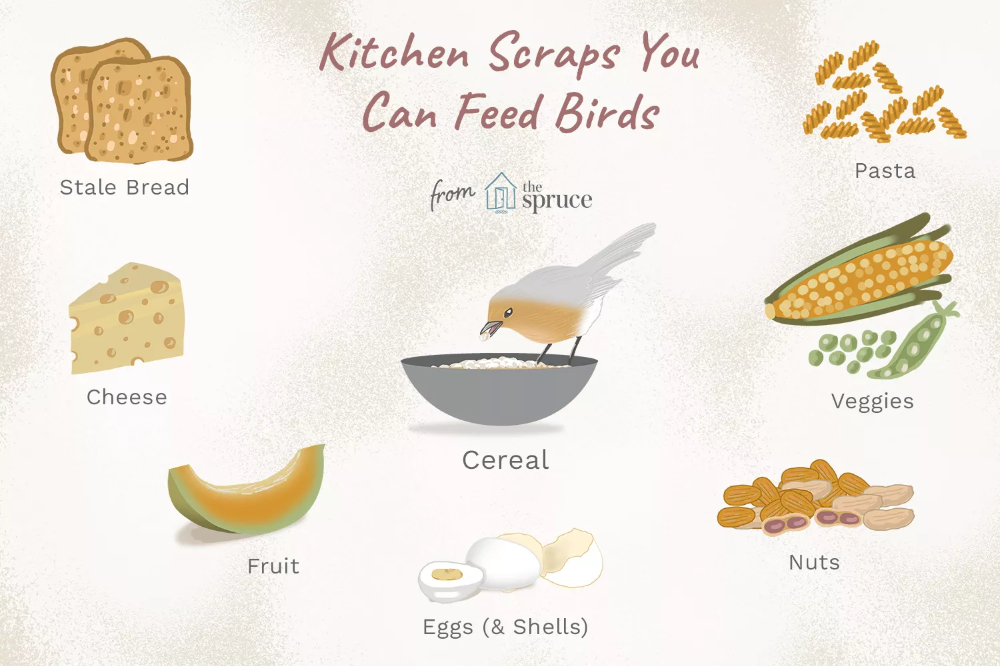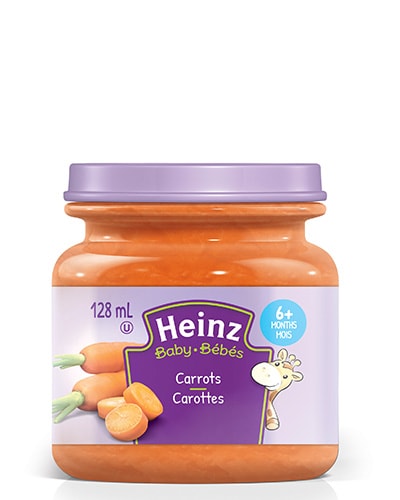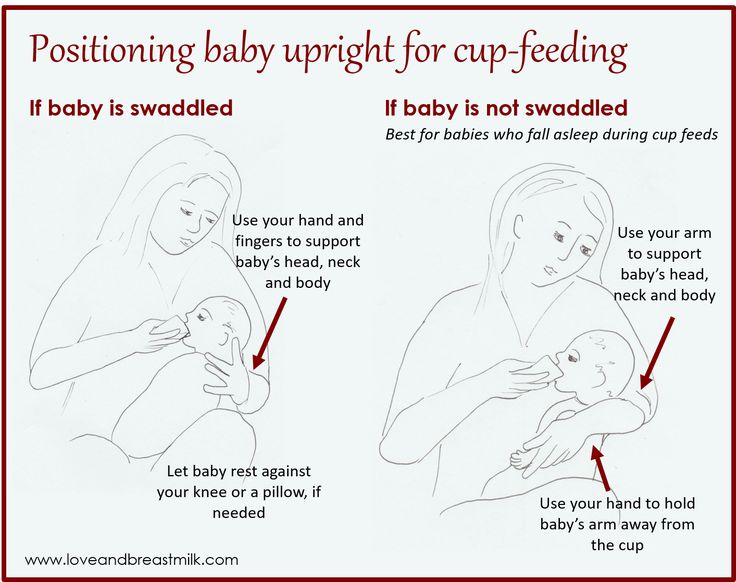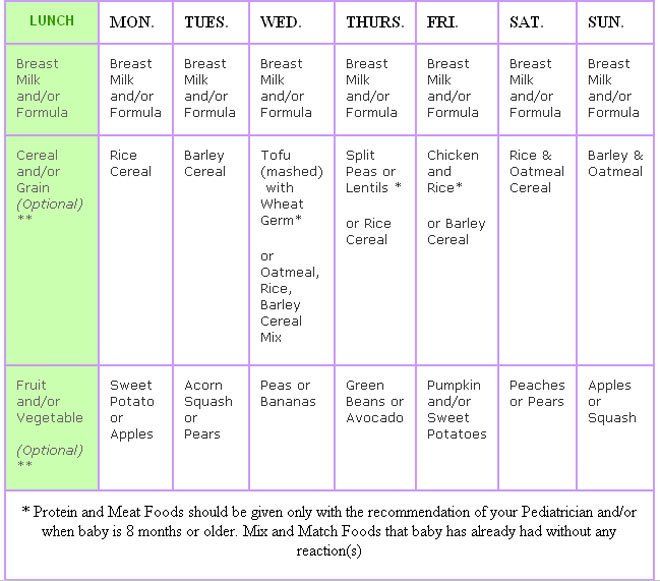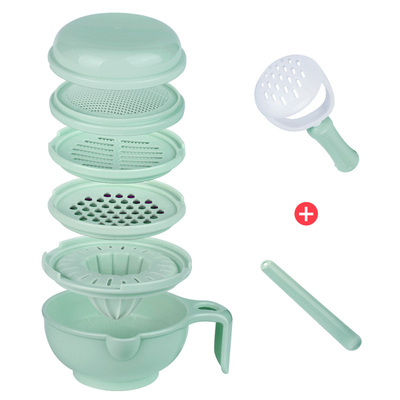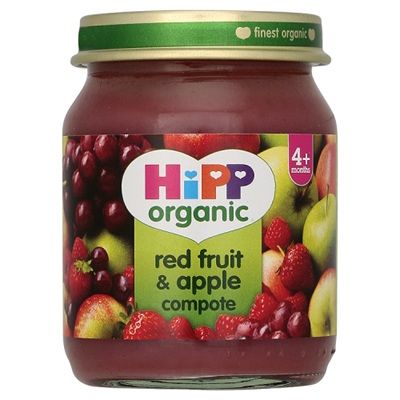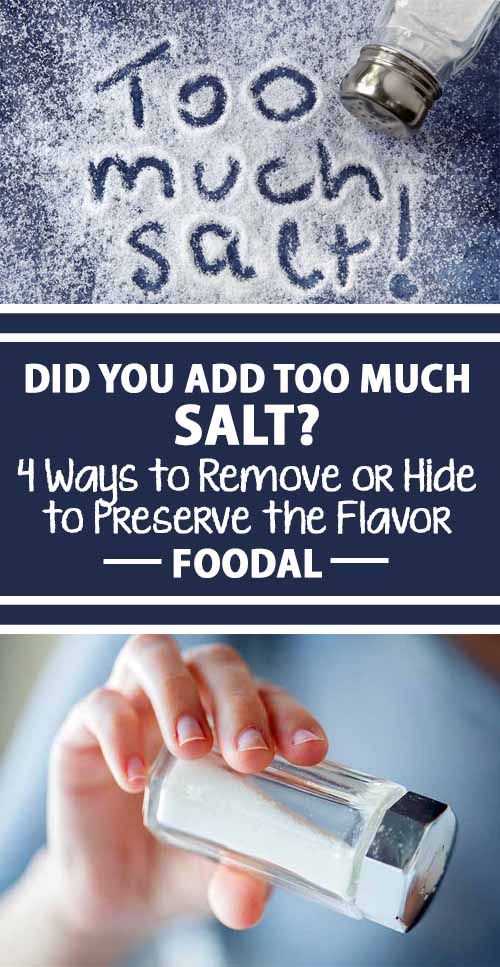Can you feed eggs to babies
When Babies Can Eat Eggs: Recommendations & Risks
If you’re starting your baby on solid foods, you might be thinking about what exactly they can eat and which foods are best for them. Fruit? Check! Vegetables? Check! Meats? Check! But when can babies have eggs? Eggs seem to inspire lots of questions, perhaps because we’re more aware of children’s allergies these days than ever before.
Read on to find out when it’s OK to offer eggs, why eggs have so many health benefits for babies specifically, and which methods of preparing and serving eggs are the safest for babies to eat.
When Can Babies Have Eggs?
One common question is how old babies need to be to eat eggs. You can introduce eggs to your baby around the same time you introduce solid foods, which is around 6 months old.
In the beginning, however, you’ll want to start with very soft or pureed foods (which can include whole grain infant cereals) before you progress to offering more textured foods.
Within two to three months after your little one starts eating solid foods, their expanded diet may include cereal, vegetables, fruits, eggs, and meats as well as breast milk or formula.
The Health Benefits of Eggs for Babies
Eating eggs (both the yolk and whites) has many health benefits, particularly for babies. One large egg (50 grams) contains
high-quality protein
70 calories
essential vitamins, minerals, and bioactive compounds
147 milligrams of choline
30 milligrams of docosahexaenoic acid (DHA).
Choline is a key nutrient that’s involved in many biological reactions that take place in the body. For infants it’s very important for brain development and function. The same goes for DHA, which plays an important role in infant growth and brain development.
How to Introduce Eggs to Your Baby
Around the time you’re introducing eggs to your infant, it’s important to offer soft, easy-to-swallow foods that will break down into small pieces in their mouth to prevent choking.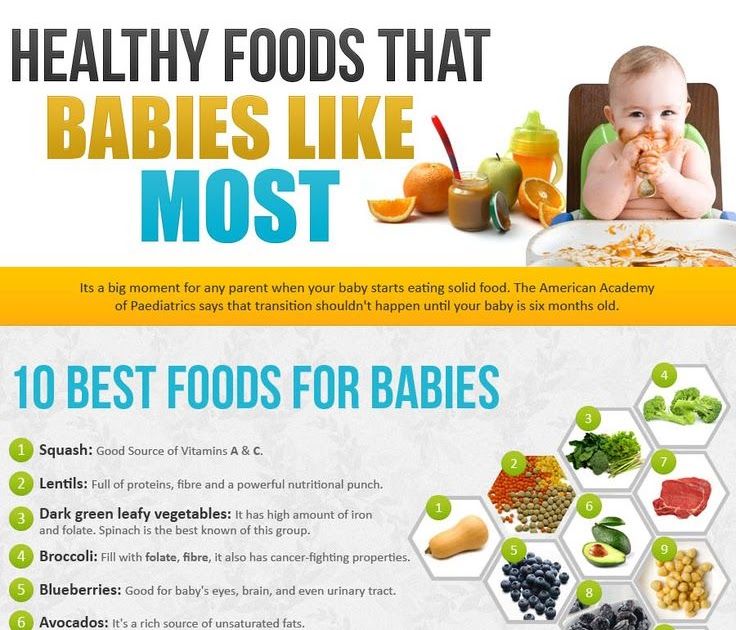 Since infants don’t yet have teeth, or have very few teeth, they aren’t able to chew—instead they mash foods with their mouths.
Since infants don’t yet have teeth, or have very few teeth, they aren’t able to chew—instead they mash foods with their mouths.
So, how do you cook eggs for your baby’s first time?
When it comes to preparing eggs for your baby, offer eggs that are scrambled, hard-boiled, or poached (as long as the eggs are firm and fully cooked). And how should you feed your baby eggs? You’ll want to mash the eggs with a fork to make them easier for your baby to eat.
If you’re a follower of baby-led weaning (BLW), you could offer these same preparations for eggs cut into small, finger food-style pieces and give them to your baby to self-feed.
Should You Delay the Introduction of Eggs to Your Baby?
In the past medical experts have advised against introducing eggs to infants and babies early on for fear of allergic reactions. But more recently experts have found there’s no reason to delay the introduction of eggs or other potential food allergens like fish and peanuts.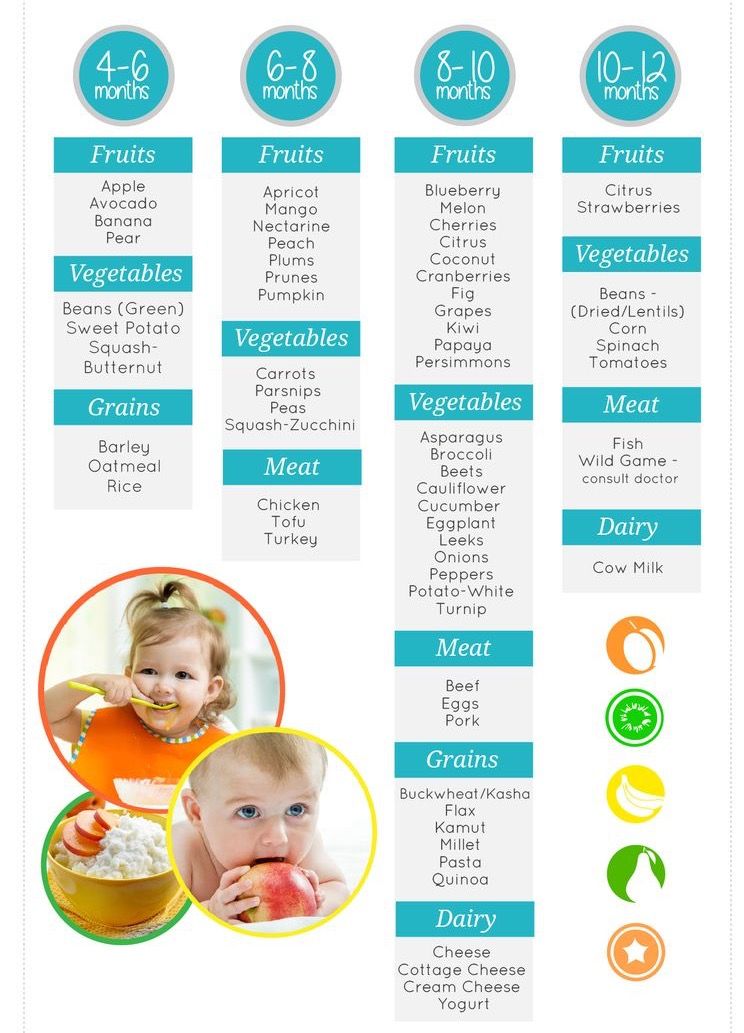
Introducing eggs to your baby (after 6 months of age) doesn’t increase the risk of an egg allergy or sensitivity. Therefore, delaying the introduction of eggs to your baby isn’t necessary.
Which Egg Dishes Should You Avoid Giving Your Baby?
Though scrambled eggs, hard-boiled eggs, and poached eggs with firm yolks are fine, other methods of preparing eggs in which the yolks are runny and undercooked aren’t recommended for babies—and even adults—due to the risk of salmonella. These include soft-boiled eggs, fried eggs with runny yolks, and poached eggs with runny yolks.
Here are some tips for buying, handling, and cooking eggs safely:
Always buy eggs that are in the refrigerator section of your grocery store or supermarket and opt for pasteurized
Keep eggs in a refrigerator set to 40 degrees Fahrenheit
Throw out any eggs that appear dirty or cracked
Cook eggs until the whites and yolks are firm.
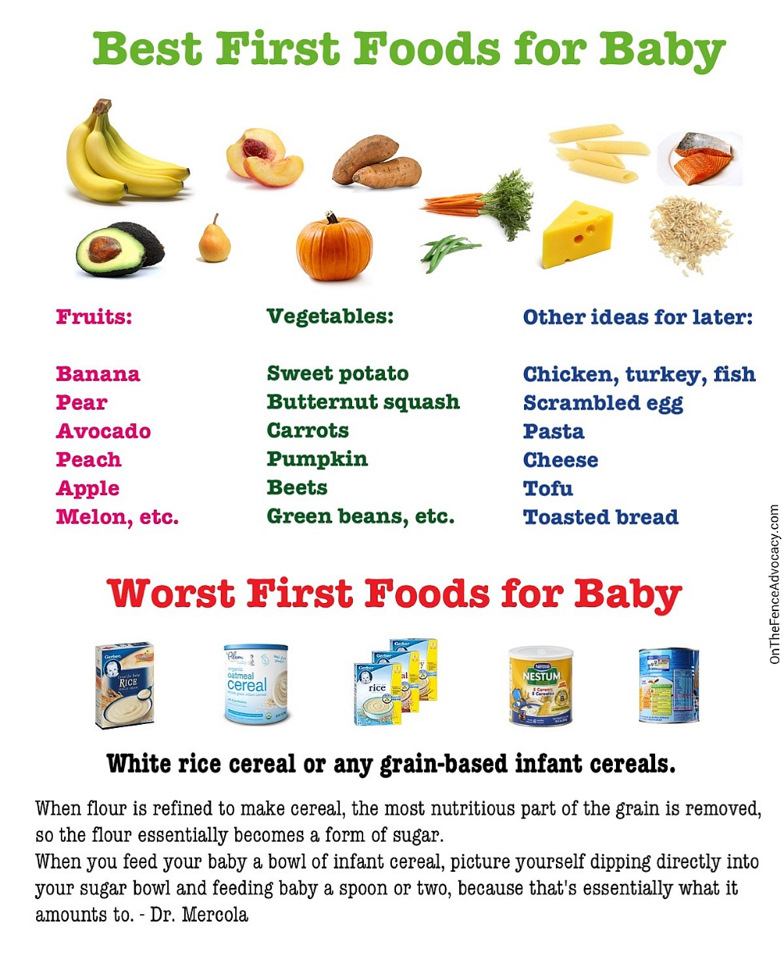
The Bottom Line
Eggs are a great source of protein and other nutrients that are integral to your child’s development. So, despite what has been said in the past, there’s no reason to delay the introduction of eggs to your infant for fear of them developing an egg allergy or sensitivity.
So, when can babies eat eggs? Start offering eggs around the same time you start your baby on solid foods, after 6 months of age. Your little one’s menu can begin with purees and very soft food (like infant cereal) and then expand to include more textured foods, such as eggs, fruits, vegetables, and meats.
Stick to preparations of eggs in which the yolks are fully cooked, such as hard-boiled, scrambled, and poached (with firm yolks). Avoid preparations that have runny yolks (soft-boiled eggs, fried eggs, and runny poached eggs) as there’s a risk of your baby contracting salmonella.
Starting on solid foods is an egg-citing time! Offering all different kinds of foods and watching your baby’s reactions will be priceless.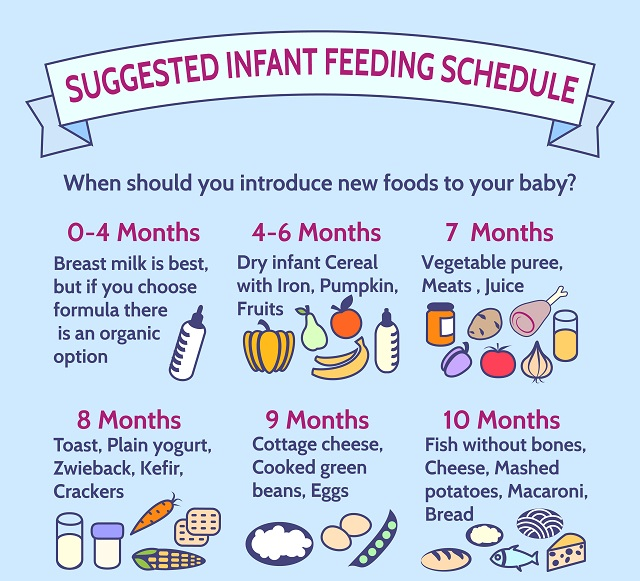
When babies can eat eggs and 4 other baby foods to introduce
Out with the old, in with the new! New parents may be curious about what to feed their babies — and when do it. When can babies eat eggs? Are avocados safe? How much should my baby eat?
White rice cereal is out, peanut butter oatmeal is in. Store-bought baby-food carrots are out, homemade organic kale puree is in. The list goes on and on.
Parents are also wary of packaged baby food after a report suggested some may contain dangerous levels of toxic metals.
But what foods can babies eat without worry? When making your own baby food, what should you serve? How do you know what to feed your 6-month-old?
Best food for babies
Here are my top five recommendations for what to feed your baby, and two foods to avoid.
Avocados
It’s not only trendy to start avocado as a first food; it’s also extremely healthy. Avocados are high in potassium, fiber, and healthy monounsaturated fats, which are good for hearts of all ages.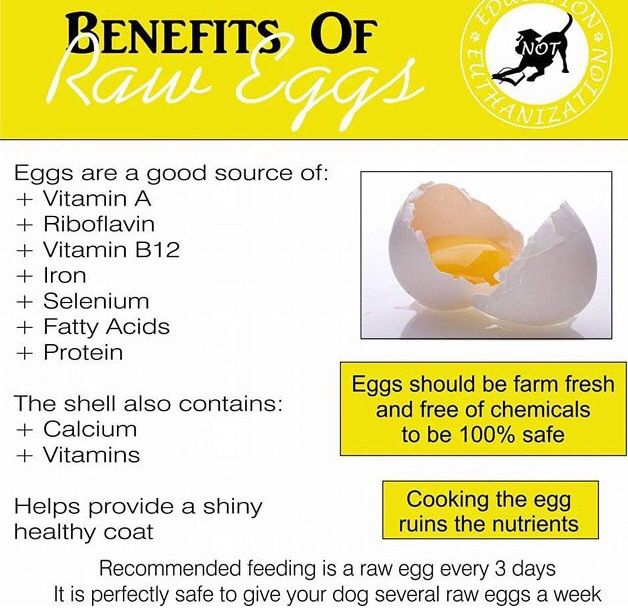 You can puree or fork-mash a bit of avocado and offer your baby a small spoonful. Have the camera ready as you may get a funny face the first few times you offer it! Keep trying. She or he will eventually take to it. Around 8 or 9 months of age, diced pieces of avocado are fun for her to pick up, smash, and self-feed. My 1-year-old son loves pieces of avocado with scrambled eggs for breakfast.
You can puree or fork-mash a bit of avocado and offer your baby a small spoonful. Have the camera ready as you may get a funny face the first few times you offer it! Keep trying. She or he will eventually take to it. Around 8 or 9 months of age, diced pieces of avocado are fun for her to pick up, smash, and self-feed. My 1-year-old son loves pieces of avocado with scrambled eggs for breakfast.
Fish
Many kids and adults dislike fish because they didn’t get used to eating it as an infant. The oils in fatty fish are high in omega-3 fatty acids, which are extremely valuable for brain and eye development, and infants are growing big, fatty brains! Fish is also a great natural source of protein and contains vitamin D—a vitamin that most kids need more of. Salmon is definitely the most important and healthiest fish to feed infants and toddlers. It’s also low in mercury (compared to other fish).
Remember to thoroughly cook all fish. It’s perfectly fine to lightly season it so your whole family can enjoy. Initially, puree then fork-mash for your baby. You can add a little moisture with water, breast milk, or organic chicken or vegetable broth, if needed. At 7 months, my son loved his salmon mixed with pureed sweet potatoes. As your infant begins self-feeding, just break the salmon into tiny pieces and let him self-feed. Be careful to ensure there are no hidden fish bones, as even a tiny bone can be a potentially dangerous choking hazard for an infant.
Initially, puree then fork-mash for your baby. You can add a little moisture with water, breast milk, or organic chicken or vegetable broth, if needed. At 7 months, my son loved his salmon mixed with pureed sweet potatoes. As your infant begins self-feeding, just break the salmon into tiny pieces and let him self-feed. Be careful to ensure there are no hidden fish bones, as even a tiny bone can be a potentially dangerous choking hazard for an infant.
Nut butter
More and more research is demonstrating the importance of introducing nut products early and frequently to prevent nut allergies in children. One study showed that introducing peanut products as early as 4 to 6 months to high-risk infants dramatically decreased the chance that they would later develop a peanut allergy.
Please note: Parents should talk with their pediatricians about exactly when and how to give peanut products, experts say, especially if babies have eczema, which may put them at higher risk for developing a peanut allergy.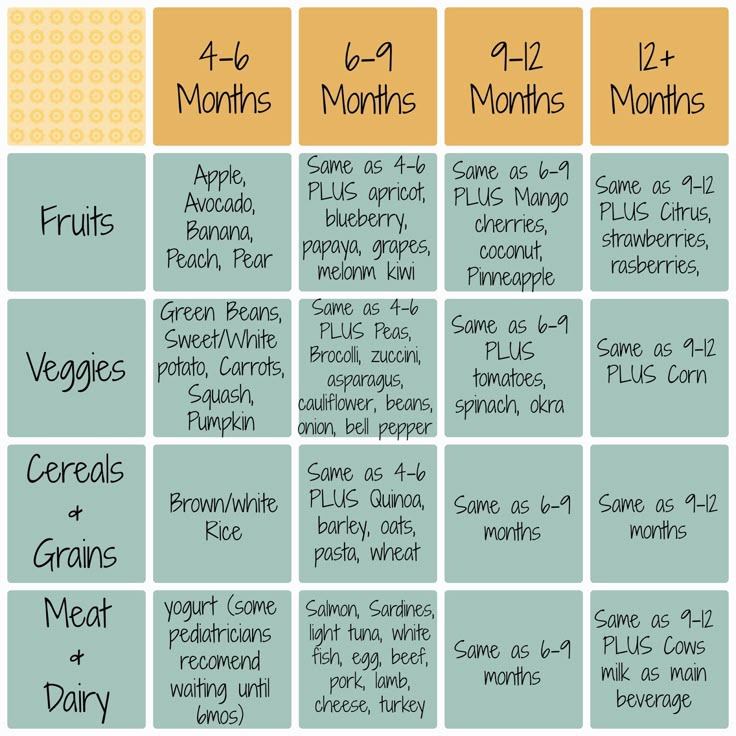
Once cleared, however, nut butters are delicious, healthy, and convenient. Nutrient-wise, they offer vegetarian protein, vitamin E, and healthy monounsaturated fats.
So, how exactly do you introduce peanut products to your 6-month-old? Consult with your pediatrician, first. If you get the go-ahead, peanut butter oatmeal is my favorite way. I like to melt one teaspoon of creamy peanut butter (choose one with only peanuts, no sugar!) into one ounce of baby whole-grain oatmeal, making sure the mixture isn’t too sticky and thick.
Around 8 months, you can start introducing creamy nut butter by itself, in an extremely thin layer, on either your finger or a spoon to lick off. Once your baby is self-feeding, you can spread a very thin layer on thinly sliced whole-grain bread, cut into tiny pieces, and observe as he picks them up and self-feeds. Sticky and fun!
Eggs
Eggs are a perfect single-ingredient food. Easy to prepare, they are a convenient and healthy source of protein, fat, and other nutrients such as biotin and iron, which are important for growth and a healthy body. Eggs are a top source of protein for children and are easy to make and serve. You can give your baby the entire egg (yolk and white), if your pediatrician recommends it.
Eggs are a top source of protein for children and are easy to make and serve. You can give your baby the entire egg (yolk and white), if your pediatrician recommends it.
Around 6 months, puree or mash one hard-boiled or scrambled egg and serve it to your baby. For a more liquid consistency, add breast milk or water. Around 8 months, scrambled egg pieces are a fantastic finger food. I even make a few ahead of time, keep them in the fridge and just reheat in the microwave for a fast and easy breakfast (or anytime) option for all ages.
Green Vegetables
Green veggies have almost every vitamin and mineral you can think of. People who eat green vegetables are linked with lower disease rates and a healthier weight. Calorie for calorie, leaf for leaf, deep dark greens such as kale, Swiss chard and spinach pack more nutrition than any other food.
Simply steam or boil, and then puree. Peas, green beans, zucchini, spinach, broccoli, and asparagus are especially easy to steam (or boil) and then puree, fork-mash or cut into tiny pieces. When you introduce green veggies around 6 months of age and continue offering them regularly, your infant will grow into a toddler and older child who loves green veggies and eats them often.
When you introduce green veggies around 6 months of age and continue offering them regularly, your infant will grow into a toddler and older child who loves green veggies and eats them often.
Foods to avoid giving babies
White rice cereal
For years white rice cereal was recommended as the first food for baby. But there’s little protein, no fiber, and no flavor, and it simply primes young palates for a lifetime of eating white carbs. Yes, it has iron and zinc, but we now know that meat is a better early source of iron for babies. I’m recommending tossing the white rice cereal in favor of other whole foods as the first solid food that your baby tastes.
If you do choose to give your baby infant cereal, chose brown over white options: They are more nutritious, and they get your infant used to the taste of whole grains. Try brown rice, oatmeal (with peanut butter or fresh fruit) or quinoa.
Juice
During my residency at UCLA, one of the most common questions I was asked was, “When can I give my baby juice?”
Maybe it was a sign of the times or maybe it was the patient population, but my answer was always, “Never.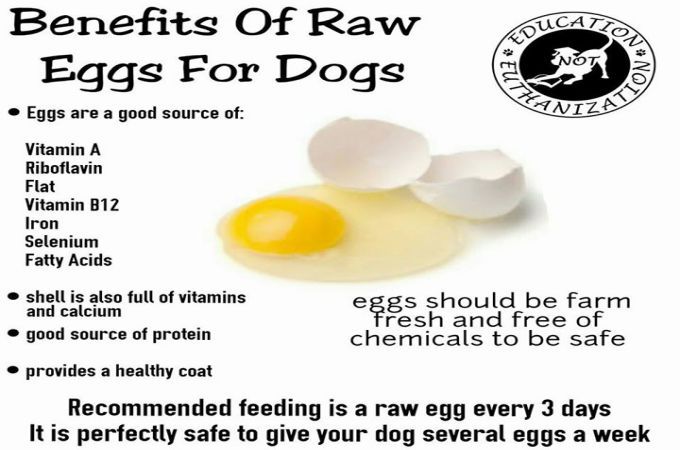 ” Even diluted juice only gets infants used to the taste of sweet beverages. And 100% fruit juice contains no fiber, so it's not a substitute for fresh whole fruit.
” Even diluted juice only gets infants used to the taste of sweet beverages. And 100% fruit juice contains no fiber, so it's not a substitute for fresh whole fruit.
What’s a better beverage for infants to drink (other than breast milk and/or formula)? Water! Start your baby on sips of plain water around 6 months of age. Babies that drink water grow into toddlers and children who drink water. That’s a healthy habit for life!
This story was originally published in 2016 and has been updated.
Baby yolk - when to introduce complementary foods, what is useful
At the age of 7 months, a new product appears in the baby's diet - an egg, or rather, an egg yolk. It is unique, because in its small volume essential fatty acids (necessary for the development of the nervous system, for the regulation of metabolism), many trace elements (iron, zinc, iodine, potassium, phosphorus, manganese) and vitamins, including such an important and the right vitamin D.
However, for all their value, chicken eggs (especially protein) are one of the leaders in the sad list of foods that cause food allergies. Therefore, it is necessary to introduce them into the diet, but this must be done carefully:
Talk to your pediatrician about the best age for your baby to be introduced to a new complementary food. Usually, the yolk is recommended to be introduced into the diet from 7 months. But, perhaps, having assessed the state of health of the baby, the pediatrician will offer to introduce it a little later.
Do not give protein. It is protein that most often causes allergies, and therefore it is not worth giving whole eggs right away. This also applies to egg dishes (for example, omelettes). They are offered to children after a year or a year and a half (if allergic reactions have previously occurred).
Hard boil. Babies can only be given hard-boiled eggs. This reduces the risk of getting sick with salmonellosis and at the same time slightly reduces the potential allergenicity of the product.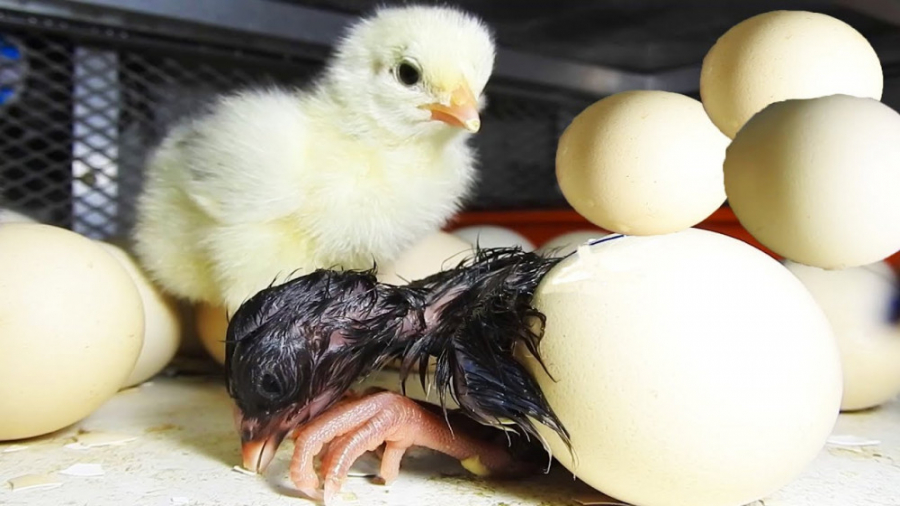
Benefits of egg yolk
Egg yolk is easy to digest, contains many vitamins and minerals necessary for healthy development and rapid growth of the baby. Among them:
vitamin A - to strengthen the immune system, growth of bone tissue and hair, visual acuity;
B vitamins (thiamine - B1 and riboflavin - B2) - for the development of the nervous system, maintaining carbohydrate metabolism and metabolism in general;
vitamin D - for the prevention of rickets and strengthening of bone tissue, as well as for the regulation of metabolic processes;
vitamin E - to prevent anemia, improve tissue regeneration and growth;
vitamin K - to regulate blood clotting, bone formation;
iodine - for the health of the thyroid gland, the full development of the brain and the entire nervous system, the maintenance of immune functions;
polyunsaturated fatty acids - for the functioning of the immune and nervous systems;
Lecithin - to regulate metabolism, brain development, liver cell growth;
iron, phosphorus, potassium - to strengthen the immune system, prevent anemia, rapid growth.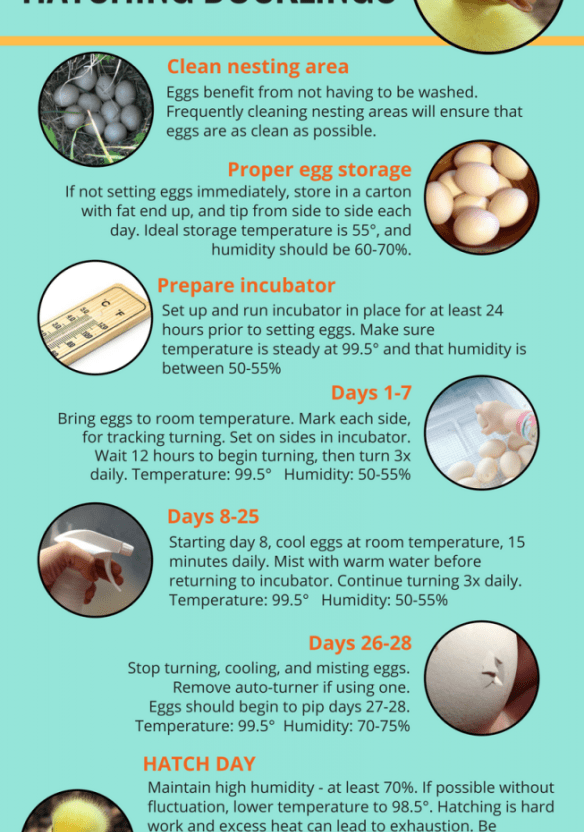
In the first year of life, the child should receive enough nutrients, minerals, vitamins with food. Egg yolks are rich in them, so it is very important that they appear in the baby's diet on time.
When and how to introduce the yolk into complementary foods
According to the National Program for Optimizing the Feeding of Infants in the First Year of Life in the Russian Federation, the yolk appears in the baby's diet at seven months, but sometimes it is introduced at a later age. It depends on how the introduction of complementary foods goes in general, how the child reacts to new products. For example, if he is prone to food allergies, he may need more time to adapt to a new diet.
By the time the egg yolk appears in the diet, the baby should already be familiar with vegetable and fruit purees, dairy-free cereals. At 6–7 months, meat is also introduced and sometimes cereals from previously unfamiliar cereals or milk (usually by six months the child is already familiar with several types of cereals).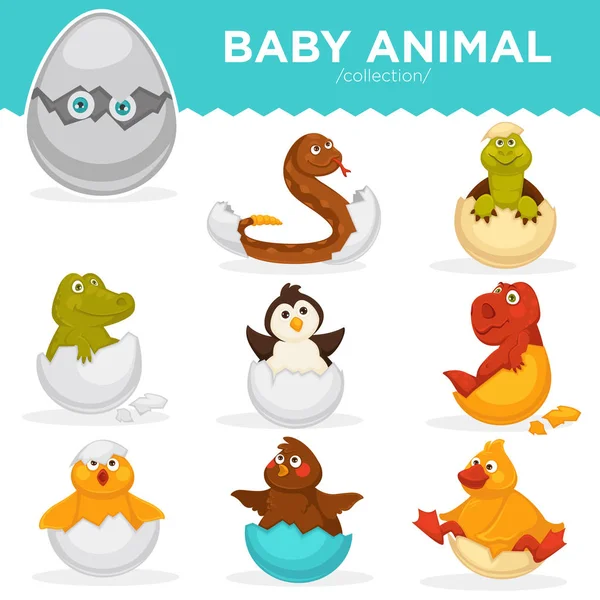 In order not to provoke a food allergy and control the reaction to complementary foods, it is important to introduce new foods one at a time.
In order not to provoke a food allergy and control the reaction to complementary foods, it is important to introduce new foods one at a time.
There are several rules that are important to follow when introducing yolk into the diet:
For the first few times, give your baby a new food in the morning so that reactions can be assessed throughout the day.
The yolk should be given starting with a small amount - just a few crumbs. If there are no negative reactions, in 3-4 days you can bring the volume up to ¼.
Powdered product can be added to porridge or vegetable puree for a more familiar taste.
· The yolk can only be given hard-boiled. You don't need to use salt or sugar. It is enough to boil the egg, remove the yolk and knead it well to a puree-like consistency.
· Only fresh chicken or quail eggs can be used for feeding up to a year.
· If there are signs of allergy or intolerance (skin rash, itching, restless behavior, changes in stool), temporarily remove the product from the menu and consult a pediatrician.
If your baby doesn't like the taste, don't force him to eat. Try suggesting something new in a couple of days. It may take several attempts before the child tries the new product.
How many eggs can be given to a child
At first, the baby will eat only a few grains of the yolk. If everything goes well, you can gradually increase the portion, bringing it to half the yolk closer to the year (at the age of 8-12 months). The product can be given 2-3 times a week.
The diet of children older than 1 year includes not only the yolk of the egg, but also its protein part. Children are recommended to give 2-3 eggs per week, hard-boiled, added to casseroles, cheesecakes and other dishes, in the form of an omelet.
Which egg is better - chicken or quail
Quail eggs differ from chicken eggs in composition. They contain more magnesium and iron, as well as vitamin A, group B, PP. In particular, the content of vitamin B4 (choline) in a quail egg is twice as high. This element is necessary for cell growth, regulation of carbohydrate metabolism and absorption of fats.
This element is necessary for cell growth, regulation of carbohydrate metabolism and absorption of fats.
It is best if the baby eats both types of eggs: chicken and quail. Such complementary foods have several rules:
Hen and quail eggs are introduced alternately at least 2 weeks apart.
· If there is no allergy, you can alternate chicken and quail eggs, giving them 2-3 times a week.
If you are allergic to a chicken egg, you can try to introduce quail eggs into your diet under the supervision of a doctor - perhaps there will be no allergic reaction to it.
When giving quail eggs to a child, their features are taken into account:
They are smaller in size, but despite this, their yolk is also introduced into the diet gradually - from a few grains to half.
· It is important to check that the eggs are accurately hard-boiled (usually only 2-3 minutes is sufficient).
When buying, please check the shelf life. The fresher the eggs, the better.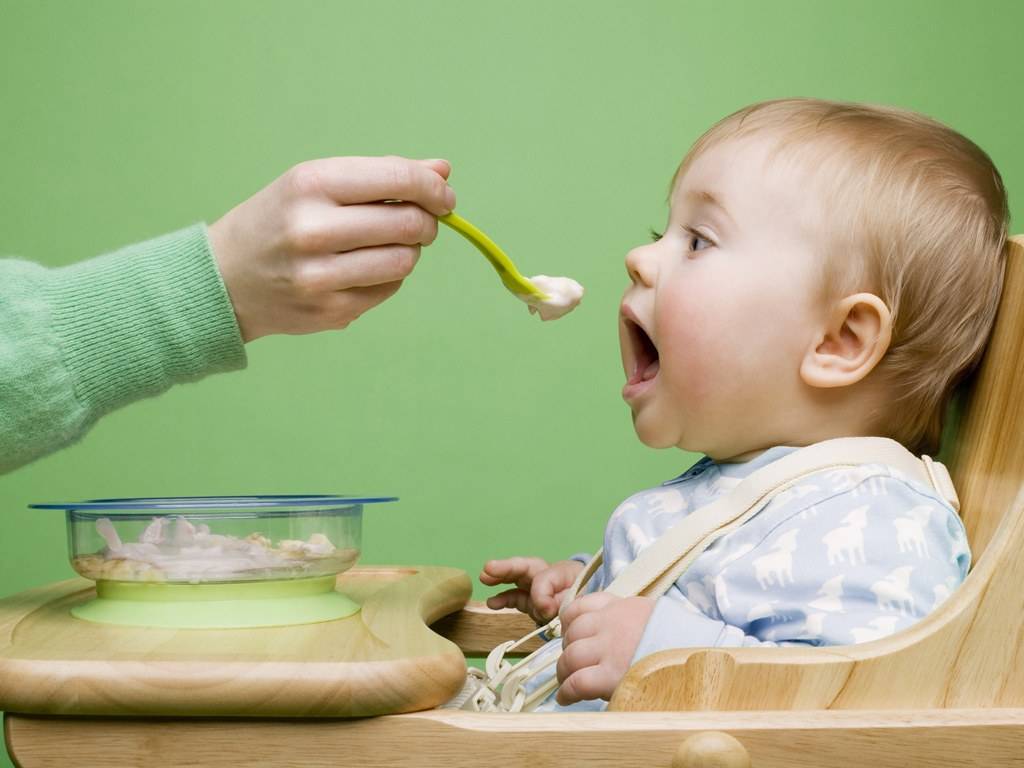
When egg yolk is included in the children's menu, it can be served for breakfast, lunch or dinner - for example, mixed with Heinz cereals, vegetable or meat purees.
When can you give your baby an egg
Reviewer Kovtun Tatiana Anatolievna
62438 views
November 02, 2021
What do adults usually eat for breakfast? Omelet, scrambled eggs, porridge, muesli, casseroles, cheesecakes, sandwiches... There are more than enough options. And if a baby gets acquainted with grain products already at the age of 4 to 6 months, then the question of when and how to acquaint a baby with an egg is a burning one for mothers of grown-up babies.
The yolk contains lecithin, necessary for the normal functioning of the nervous system, metabolism, as well as a large amount of nutrients. Egg whites also provide many benefits. When can you give your child these products?
How to give a baby yolk for the first time
The first acquaintance of the baby with the egg begins with the yolk. Pediatricians are advised to introduce him to the baby already at the age of 7 months. If the child has a predisposition to allergies, then the introduction of this product into the diet should be discussed with a specialist.
Start feeding with an egg with ¼ pcs. hard-boiled yolk. And be sure to monitor the reaction of the crumbs. By 8 months, it is recommended to increase the amount of the product to ½ pcs.
How to give your baby protein for the first time
Egg protein is almost completely absorbed by the body, but it can be allergenic. Therefore, when including it in the diet of a child, you should additionally consult with a specialist.